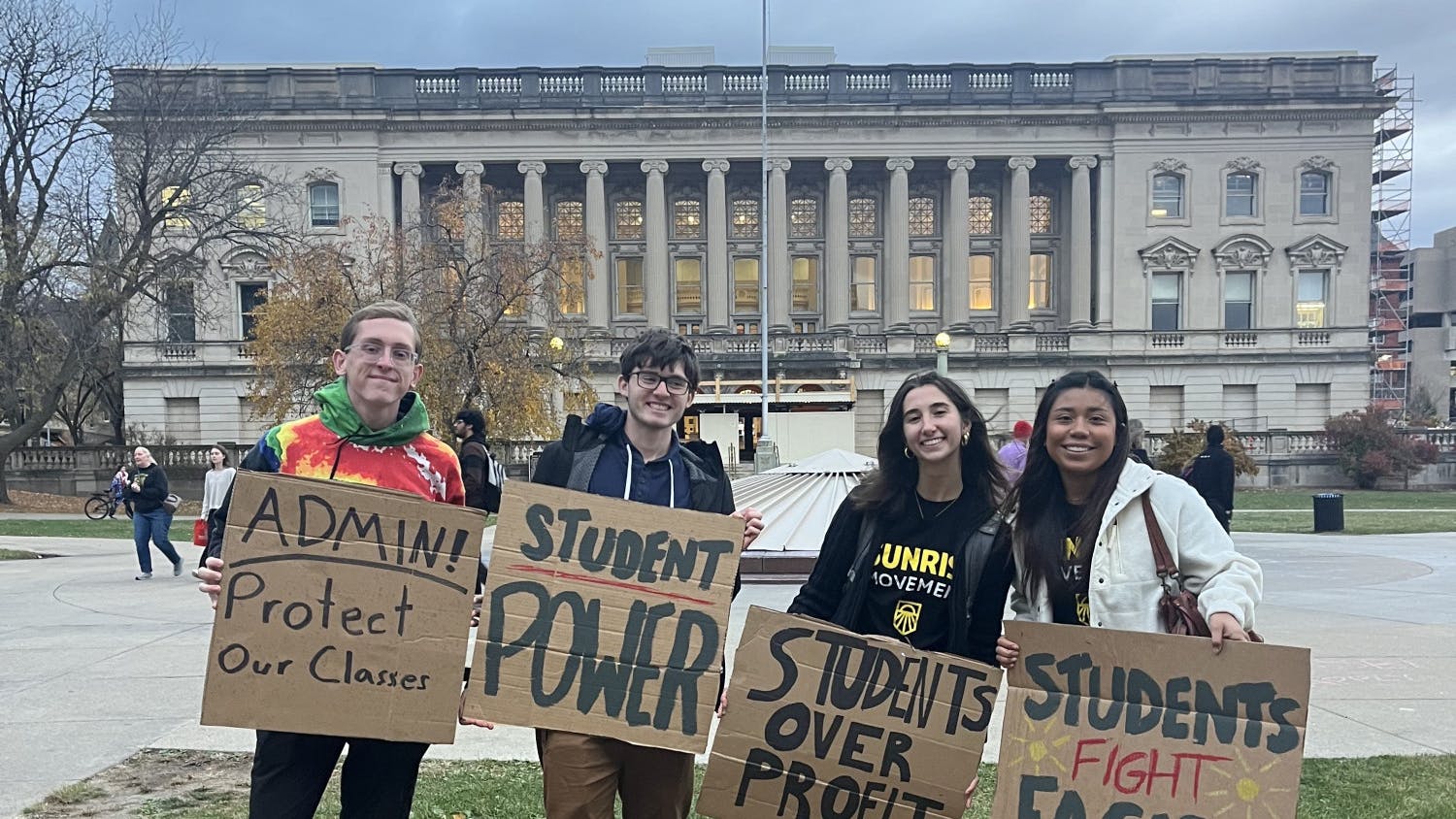Markets continued to search for stability last week as global financial leaders met in Washington to discuss an international plan to overcome the crisis. The credit crisis in the United States has affected financial systems worldwide and has led to questions about America's status as the planet's leading superpower. Several scholars believe that the United States has outlived its moment in the spotlight.
Political philosopher and London School of Economics professor John Gray expressed this belief in an interview with London's The Observer. The era of American global leadership, reaching back to the Second World War, is over... The American free-market creed has self-destructed, while countries that retained overall control of markets have been vindicated."" Gray also commented that ""in a change as far-reaching in its implications as the fall of the Soviet Union, an entire model of government and the economy has collapsed.""
Those who care to dwell on the yes or no answer to the question of whether the United States is or is not the most powerful nation in the world miss the important issue that arises in the discussion.
As national economies have grown over the last 15 years, so has national confidence. 124 countries experienced economic growth at four percent or more in 2007. The increase in economic strength has changed the mind set of national leaders and has made them more self-confident. Foreign countries have reduced their reliance on positive U.S. relations and are increasingly making more decisions based on their own beliefs.
Fareed Zakaria's new book, ""The Post-American World,"" sheds light on this global rise and stresses the ways America can benefit from cooperation. ""What the United States has to do is to first fundamentally recognize that this is a sea change in power, that you have this rise of the rest of the world, and ask itself what role it can play,"" Zakaria said.
Zakaria notes that the world is moving toward a future of international collaboration and prosperity. United States citizens need to stop worrying about whether we are or are not the world's leading superpower and bringing up the fact that Roman and British rules lasted for centuries. This is a different time and comparisons to events that transpired before widespread international development took place are irrelevant. Ultimately, we should be asking what we can do to help lead the conversation that sets future international policies.
Ethnocentric beliefs and unilateral actions continue to weaken our relationships with foreign nations. It is unrealistic to believe that the United State's influence will always hold precedence. Our country needs to listen as well as speak. The emergence of self-confident and economically stable nations has brought more voices to international discussions. If one voice continues to speak over the rest, this will lead nothing but to discontent and a lack of respect.
John Bolton, former American ambassador to the United Nations, was overtly upset with Gray's allegations of America's influential downfall in his response to BBC News. ""If he has no U.S. assets, why should we be paying any attention to him?"" Bolton asked. This opinion highlights a very disheartening perspective held by too many American officials with foreign policy influence.
""The United States, when it acts and lives up to its ideals, is a source of enormous inspiration. I think it's very important, therefore, that we start living up to our ideals,"" Zakaria said.
We must live up to our ideal of open political discourse. The world is changing at a dramatic pace, but the dispersal of American influence should not be looked at in a negative light. New nations bring new ideas to the arguments of progress. If we listen to all the options and proposals, we can work together to build a stronger future.
Tom Hart is a senior majoring in political science and history. We welcome your feedback. Please send responses to opinion@dailycardinal.com.





